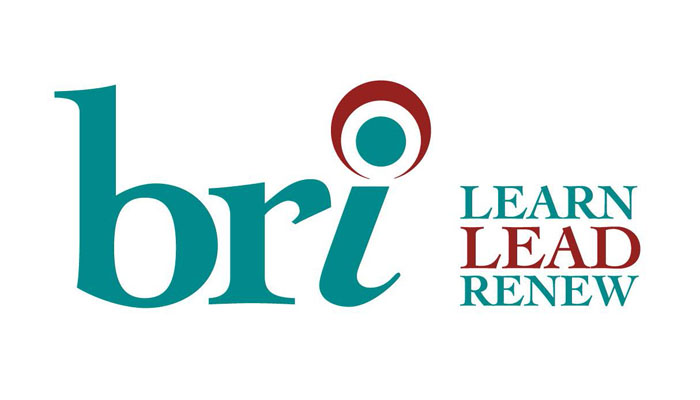I’m often asked what type of CEO needs to be leading an organization to receive funding from Allegany Franciscan Ministries. Although there’s no one “type” of leader most likely to get a grant, this question got me thinking about the attributes of a successful not-for-profit leader. For me, a good leader is one who: believes in the mission, includes all stakeholders in decision making, values compassion, upholds integrity, is innovative, and engages and inspires their team toward excellence. Nothing excites me more than to see “management” demonstrating solidarity by, for example, preparing meals alongside clients for a celebration gathering. This is leadership at its best, no matter how busy a leader is, she or he walks alongside clients and staff on their road to success.
There are inherent characteristics that I believe a person must possess to be a good leader. The servant leadership model deems that a servant-leader is a servant first. In this model, a person begins with the feeling that they want to serve, then a conscious choice brings them to aspire to lead. Robert K. Greenleaf explains, the best test for a servant leader is:
“Do those served grow as persons? Do they, while being served, become healthier, wiser, and freer? Do they become more autonomous, more likely themselves to become servant leaders? And, what is the effect on the least privileged in society? Will they benefit, or at least, not be further deprived?”
Although the practice of servant leadership has been around for ages, its focus on being in relationship with one another and those we seek to serve is, I believe, more important now than ever. This leadership model involves others in the decision making process and is strongly based on ethics and caring behavior. It enhances personal growth of employees while working to improve the compassionate, attentiveness, responsiveness and quality of the organization.
Servant leadership is critical to ensuring we as community leaders enhance the lives of those most vulnerable in our community while creating innovative and kind environments for our volunteers, boards, employees and staff to thrive. When I think of the ideal leader the following attributes come to mind:
- Profound listener and communicator
- Empathetic
- Healer
- Motivator
- Creative
- Aware
- Persuasive and committed to the growth of people
- Building community
These characteristics of servant leadership often occur naturally but are enhanced and refined through learning and practice. I firmly believe this model, which we strive to emulate at Allegany Franciscan Ministries, offers the greatest hope for the future in creating a more diverse, thoughtful and caring community.



Great insight Cheri, thanks so much!